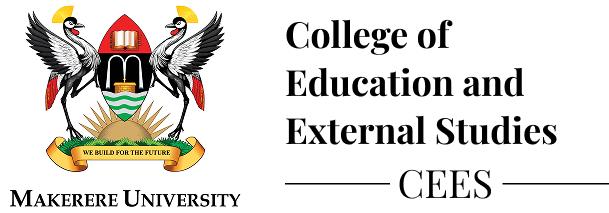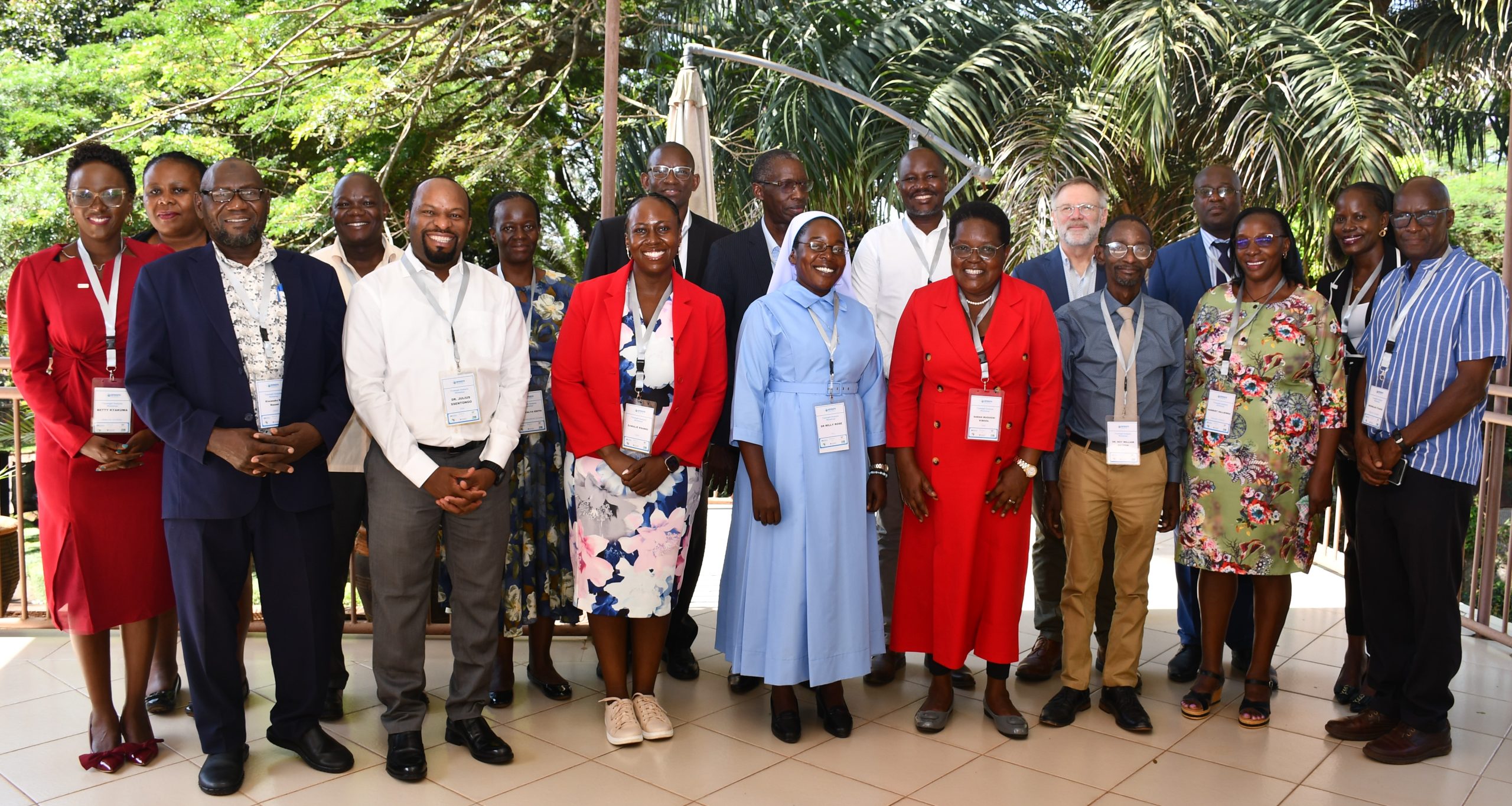Makerere University has signed a five-year Memorandum of Understanding (MoU) with the International Rescue Committee to formalize undertakings in research, innovation & partnerships.
Signed in September 2025 by the Vice Chancellor of Makerere University, Prof. Barnabas Nawangwe and the Country Director, International Rescue Committee, Mr. Elijah Okeyo, the MoU provides a framework to implement research intensive programmes, promote innovative teaching and learning, internationalization, and contribute to societal transformation.
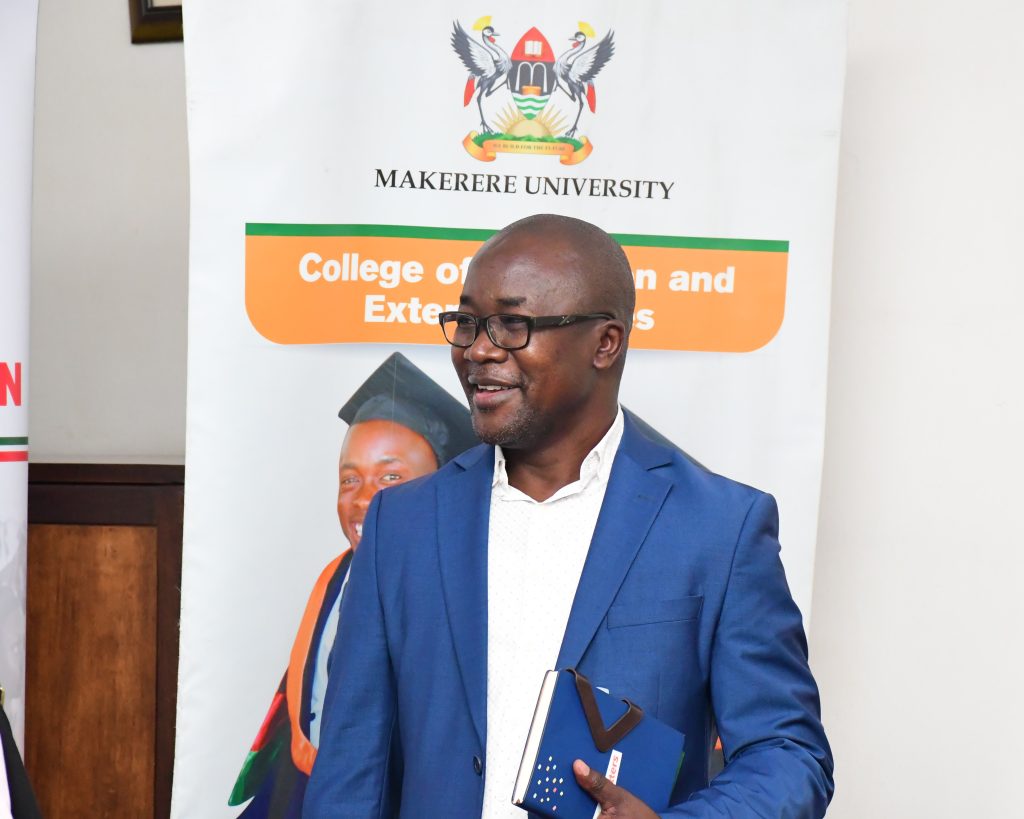
According to Mr. Okeyo, the MoU re-affirms Makerere University as the academic partner of the International Rescue Committee (IRC). “This MoU formalizes IRC’s working relationship with Makerere University. This framework empowers both institutions to tap into opportunities together. We believe in equal partnership. Makerere University commits to being our partner in research to contribute to evidence based humanitarian undertakings,” he said.
Under this collaboration, Makerere University and IRC will work on developing child-centered learning resources, innovative curricula, and policy-relevant research to enhance the quality of education in crisis-affected regions.
At Makerere University, the MoU brings on board, the College of Education and External Studies (CEES), Makerere University Institute of Teacher Education and Research (MITER), and the Early Childhood Care and Education (ECCE) Research Centre.
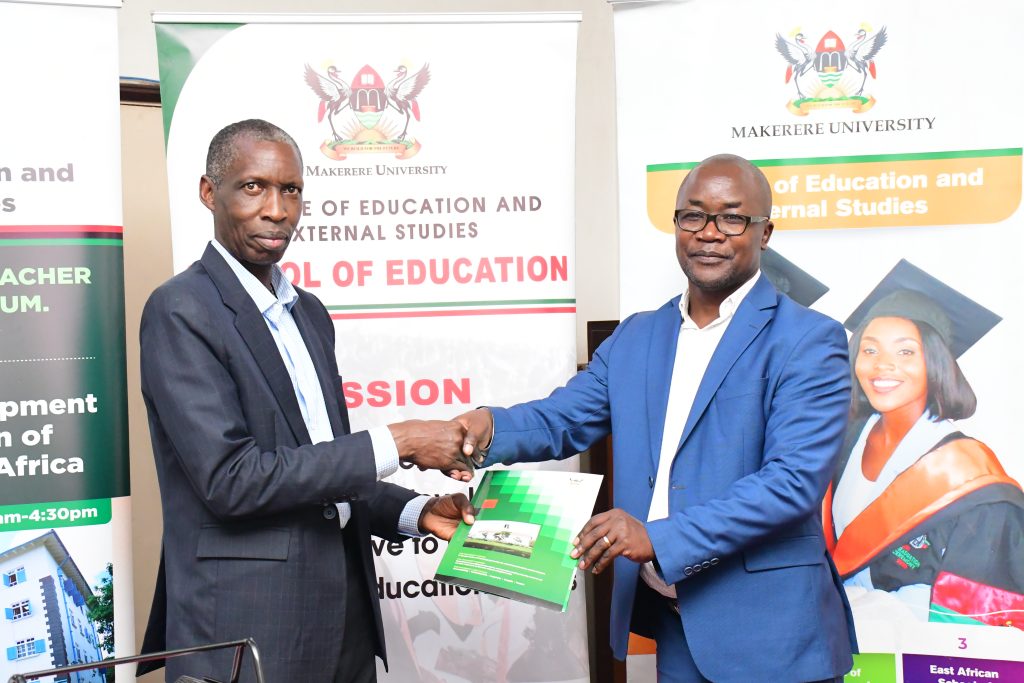
To concretize the MoU, the Principal of the College of Education and External Studies, Prof. Anthony Muwagga Mugagga convened a partnership meeting on Friday 12th September 2025 involving a delegation from the International Rescue Committee (IRC), Dr. David Kabugo, the Deputy Director of Makerere University Institute of Teacher Education and Research (MITER), and Ms. Ritah Namisango, the Principal Communication Officer.
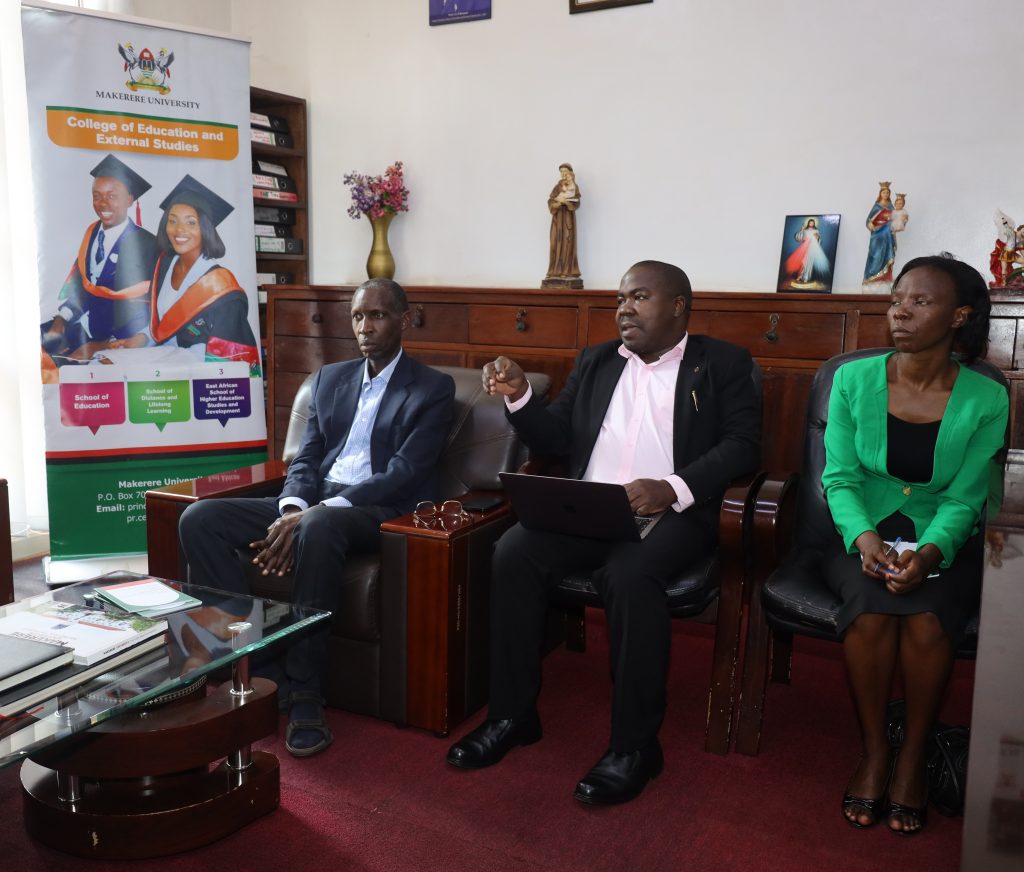
The delegation from the International Rescue Committee (IRC) consisted of the following: Mr. Elijah Okeyo-Country Director, Mr. Vincent Wanyama-Senior Program Development and Quality Coordinator, Mr. Richard Omasete-Policy and Advocacy PlayMatters, and Ms. Janet Nambuya-Grants and Partnerships Coordinator.
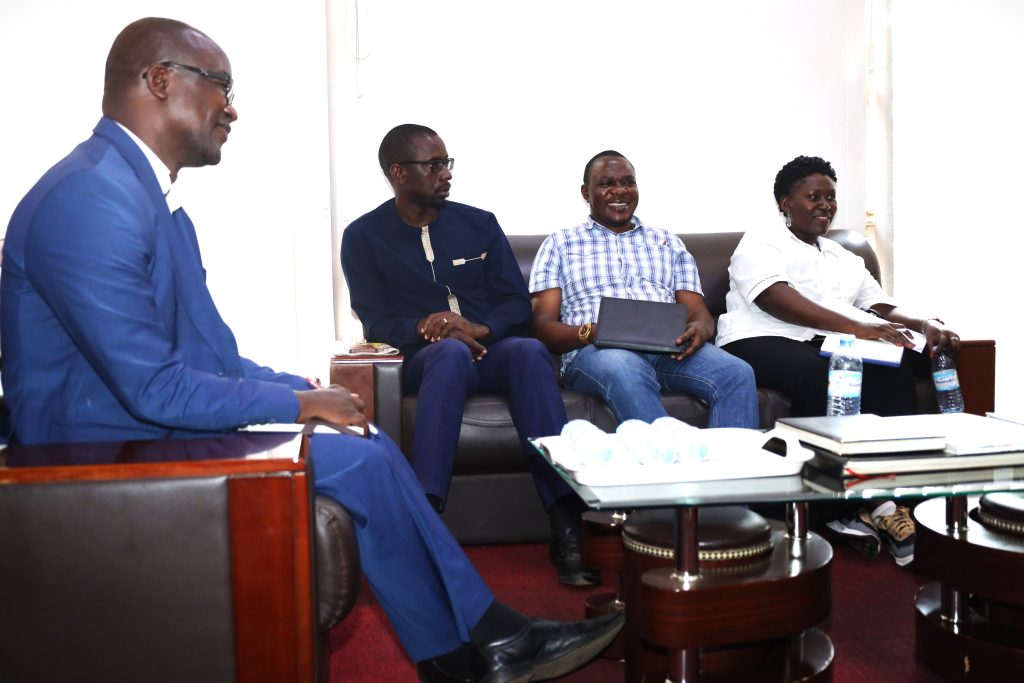
The MoU focuses on the following areas of interest: Early Childhood Development, joint research and capacity building in education, the plight of refugees and the host communities, humanitarian aid, as well as, evidence based research to inform the education policy.
In line with its mandate, IRC brings onboard, its unmatched expertise in helping children in crisis-affected areas. The MoU therefore positions both institutions to undertake a leading role in the protection of children and families through evidence based research, access to education, and humanitarian undertakings.
Dr. Kabugo, the Deputy Director MITER, noted that the MoU opens new opportunities for joint efforts in research, training, and policy. He said: “We are committed to co-designing practitioner research, engaging in professional development, and generating evidence to guide the education policy in Uganda and beyond.” Dr. Kabugo explained that this partnership builds on years of cooperation between CEES and IRC, especially in child-centered methods such as play-based learning.
Prof. Mugagga described the MOU as a practical framework that connects Makerere University’s research with IRC’s field experiences. He stated that the College of Education and External Studies (CEES) conducts programmes focused on the future of the young people through training and empowering students/teachers. He articulated that the College significantly impacts on the education sector through delivery of quality academic programmes and research under the School of Education, School of Distance and Lifelong Learning, and the East African School of Higher Education Studies and Development.
“Our strongest synergy is education and early child-focused care,” Prof. Mugagga emphasized. He revealed that the collaboration presents CEES with a strong and reliable partner (IRC), which stands for protection and the well-being of children and families. “Through this MoU, both CEES and IRC, will significantly contribute to improving education for children, families, and communities impacted by conflict and crisis.”
Prof. Mugagga commended IRC for the earlier support and expertise extended to the College in the development of the early childhood centre, and working together to provide valuable input during the Ministry of Educaton and Sports’ consultative process that led to the Early Childhood development policy.
Reflecting on the increasing number of refugees enrolling for studies at Makerere University, Prof. Mugagga said: “ IRC has come at the right time. The College will tap into the IRC expertise to teach our staff and learners components in refugee education. They will equip our students and teachers with knowledge and skills in refugee education. Some of our students will cooperate with IRC to undertake research in refugee settlement and host communities.”
Prof. Mugagga implored both MITER and IRC to undertake research and develop modules on refugee education, parenting, re-tooling street children, integration of a health component into the curriculum, and management of truamatised students/learners who come from areas affected by war, conflict and crisis.
On the issue of play materials, Prof. Mugagga stressed that already made play materials derial creativing. “Both CEES and IRC should work towards a context that empowers children and learners to ignite their creative potential by developing home-made play materials,” he submitted.
About IRC
Stating a brief profile history about IRC, Mr. Okeyo explained that IRC is a global non-profit organisation that provides humanitarian aid and assistance to people affected by conflict and disaster. IRC has been active in Uganda since 1998, originally assisting displaced populations in Northern Uganda and later expanding its efforts to refugee settlements and urban areas.. Currently, IRC operates more than 35 health facilities in refugee settlements and runs a variety of programs in health, education, protection, and economic recovery. IRC also undertakes projects focusing on early childhood development, prevention of gender-based violence, and protection of refugees and families.
